Compare your DNA to 168 Ancient Civilizations
FIND THE HISTORY OF YOU
So, you've got your DNA results? To discover who you really are, you need to know where you come from. We can take your DNA results one step further through the use of advanced archaeogenetics
How It Works
Uncovering your ancient ancestry is simple with our three-step process.
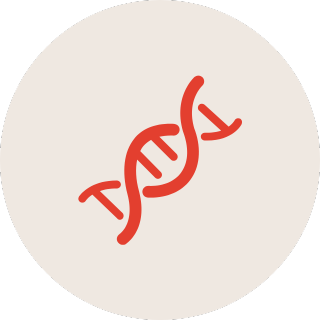
Take a DNA Test
Get tested with one of the major DNA testing companies (e.g. AncestryDNA, MyHeritage, FamilyTreeDNA, DanteLabs etc.).

Download Your Raw Data
Download your raw DNA data file from your testing provider's website. We support all major formats.

Upload & Explore
Upload your DNA file to our secure platform and receive your detailed ancestry analysis within minutes.
DIG DEEP
Into Your Ancient History
Your DNA, fully visualized
Explore your roots with exclusive dynamic graphs, interactive maps, and ancestral timelines designed to bring your ancient past to life.

Why Choose MyTrueAncestry
Discover what sets our ancient DNA analysis apart from traditional ancestry services.

100% Anonymous Insights
All retained data is fully anonymized, ensuring your privacy is completely protected.
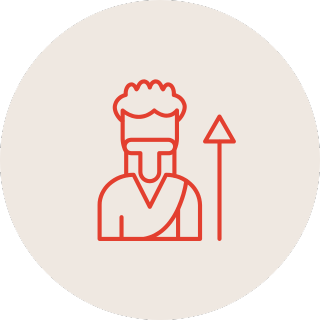
Powered by Real Ancient DNA
The only service powered by real ancient DNA samples from all over the world and advanced archaeogenetics technologies.

Try For Free
Our basic analysis is 100% free for you to try with no payment method required.
BROWSE OUR DNA SPOTLIGHTS
Jean-Paul Marat - Revolutionary France
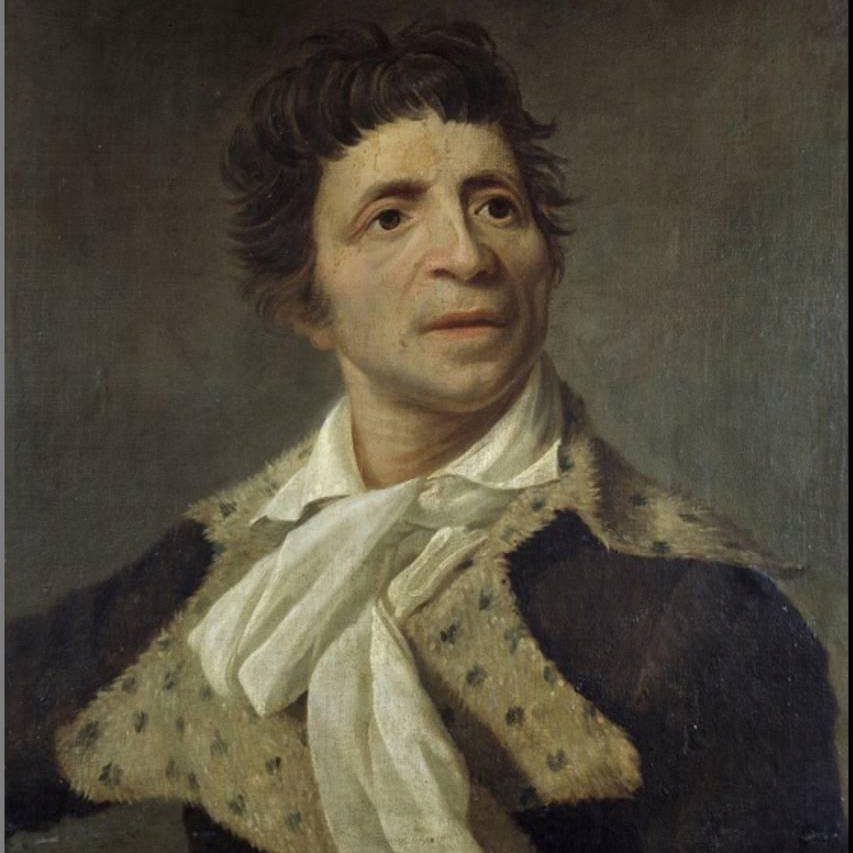
The future French Revolutionary Jean-Paul Marat left home at the age of 16
to train in medicine and would eventually settle in Newcastle upon Tyne where he
gained a reputation as being a highly efficient doctor who also had an interest
in political writings. He moved back France 6 years later and his medical skills
earned him the patronage of the aristocracy. He used his new found wealth to
found a scientific laboratory where he began studies on fire, heat, light and
electricity - he was even visited by Benjamin Franklin. Despite his new status
and success, he began so spend a lot of time discussing and writing about social
injustice.
As Louis XVI struggled to maintain power in the late 1780s by assembling
the Estates-General for the first time in 175 years, Marat decided to end his
research and medical profession to focus entirely on his passion for politics.
He began writing on the topics of social, economic and religious reforms - this
manifested itself in numerous vicious attacks on those he proclaimed were
enemies of the people. His newspaper called for extreme violence against the
upper class and government provoking statements such as five or six hundred
heads cut off would have assured your repose, freedom and happiness. After
reaching fame, He was elected to the National Convention in 1792 where he
actively supported the death of the deposed King in a trial.
Read more here
High Ranking Birka Shield-maiden
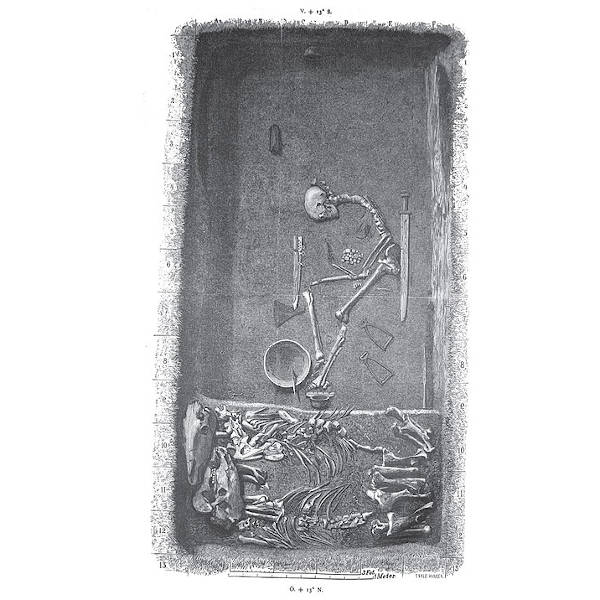
The Birka female Viking warrior was a woman buried in the 10th century in
Birka, Sweden and discovered in the 1870s. The grave was assumed to be a battle
hardened man for 128 years until DNA analysis proved she was actually a
high-ranking professional warrior. Shield-maidens are female warriors that take
on male roles including wielding weapons and are depicted in many period
figures, tapestries and brooches as well as mentioned by the famous Danish
historian of the time, Saxo Grammaticus.
The grave chamber was made of wood and approximately 3.45m long and 1.75m
wide. The body was in a sitting position and found earing garments of silk and
silver. The grave contained a sword, an axe, a spear, armor-piercing arrows, a
battle knife, two shields, two horses, one mare and one stallion. The grave also
contained a game set with a board and pieces. This is considered evidence of her
strategic thinking and indicating she was an officer who could lead troops into
battle.
Read more here
Pompeii Vesuvius Victim
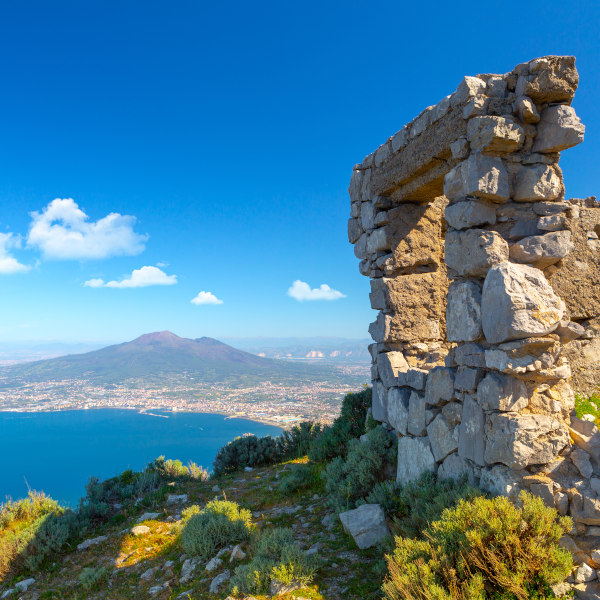
For the people of Pompeii the world reached a horrific end in the Autumn of
79 AD. The only surviving
eyewitness account of the event consists of two letters written by Pliny the
Younger (who was 17 at the time of the eruption) to the Roman historian Tacitus
some 25 years later. Observing the first volcanic activity from across the Bay
of Naples 29 kilometers away, Pliny the Elder (his uncle) launched a rescue
fleet immediately - while Pliny the Younger stayed behind. He wrote of a
extraordinary dense cloud rising above mount Vesuvius. His words describe a
pine-tree with spreading branches which was sometimes bright and sometimes dark
and spotted - impregnated with earth and cinders. After three tremors the sea
rolled back upon itself. Flashes appeared through dark clouds and ash fell like
a blanket of snow.
Meanwhile for Pliny the Elder things were taking a turn for the worse. As
commander fo the Roman fleet at Misenum he went to investigate the phenomenon at
close range. He ordered the fleet galleys to evacuate the people on the coast.
As he neared the other side of the bay he encountered thick showers of hot
cinders, lumps of pumice and pieces of rock. Ignoring the helmsman to turn back
Pliny insisted that Fortune favors the brave and continued to Stabiae - a town
about 4.5km from Pompeii. Very soon they realized the strong onshore wind
prevented any ships from leaving. Pliny and his party saw flames shooting from
parts of the mountain - presumed to be burning villages. Forced to stay
overnight the crew attempted to approach the beach with pillows tied to their
heads to protect from rockfall - however the wind had not changed and exhausted
Pliny sat down on a sail for a rest to never stand again.
Read more here

Join Our Community
Our Community blog is your hub for the latest discoveries in ancient DNA, archaeology, and lost civilizations.
Stay curious, stay connected.
Stay curious, stay connected.

Contact Us:
EMAIL
INFO@MYTRUEANCESTRY.COM
MAILING ADDRESS
MyTrueAncestry AG
Seestrasse 112
8806 Bäch
Switzerland



